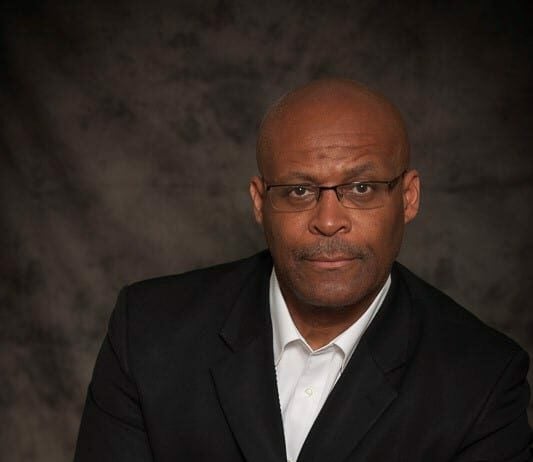We have well-known leaders in our political, law enforcement, religious, judicial and other systemic areas of society that unabashedly assert that systemic racism does not exist in our country. Clearly the country is not on the same page about all issues race and racism. There are three significant behaviors that present obstacles to productive discussions in effectively addressing race: denial of its existence, a lack of standard understanding in what the words race, racist, and racism actually are, and the lack of education on exactly what the concept of race is and how it originated. For the sake of clarity, let’s look at some tangible examples nationally of what we are actually talking about as it pertains to systemic racism.
Example 1: In March 2020, Porous Materials, a manufacturer in Ithaca, New York, must pay $93,000 in monetary relief and report any future harassment allegations directly to the Equal Employment Opportunity Commission (EEOC) to settle claims that it engaged in pervasive harassment based on race, sex and national origin, according to a recent EEOC lawsuit.
Example 2: In March 2020, Prewett Enterprises Inc., doing business as B&P Enterprises and Desoto Marine LLC, rail services and disaster response companies, paid $250,000 and furnished other relief to settle a race harassment case brought by the EEOC. According to the EEOC’s lawsuit, Prewett and Desoto supervisors and managers subjected African American employees to daily harassment and humiliation because of their race by calling them racially offensive and derogatory names and assigned Black employees the more dangerous job duties.
Example 3: In November 2019, a federal judge approved the settlement of the 2013 EEOC lawsuit challenging the way a discount retailer conducted criminal background checks of job applicants because the process allegedly discriminated against Black workers with criminal histories. In addition to paying $6 million, the company agreed to hire a criminologist to develop a new background check process that accounts for job applicants’ actual risk of recidivism.
Example 4: In February 2019, the Jacksonville Association of Fire Fighters Local 122 IAFF agreed to pay $4.9 million to settle a race discrimination lawsuit. The EEOC’s 2012 lawsuit against the union alleged the union advocated for an unlawful promotional process that had a disparate impact on African American promotional candidates even after it learned the EEOC had received charges challenging the city’s promotion practices.
Example 5: In July 2017, Bass Pro Outdoor World LLC agreed, without admitting wrongdoing, to pay $10.5 million to a class of African American and Hispanic workers the EEOC alleged it discriminated against by failing to hire because of their race and/or national origin in violation of Title VII.
The list is endless as to the cumulative examples across the country of these organizational behaviors that don’t make national news. However, at least on the legal and judiciary level, there appears to be effective agreement on what systemic racism is in determining the financial penalties incurred by these corporate violations. For local examples of the impact of this phenomenon, google Proposal 182 in our City Council’s declaration of Racism as a public health crisis. So, if it isn’t systemic racism, then what is it?
Do we seriously want to continue arguing about the existence of these behaviors? Is waiting for these discriminatory practices to be caught and proven over a course of several years in court, an effective way to address them? Isn’t there a more proactive way to address these behaviors before they rise to the level requiring legal intervention?
To that last question, the answer is a resounding yes. The Indy Black Chamber of Commerce Disparities Initiative. Contact us to learn more about it and become a proactive part of the solution.
George Middleton is a mental health counselor and author of three books addressing the connection between mental health and the social impact of the race construct. Contact him at gmmusique@cs.com.








